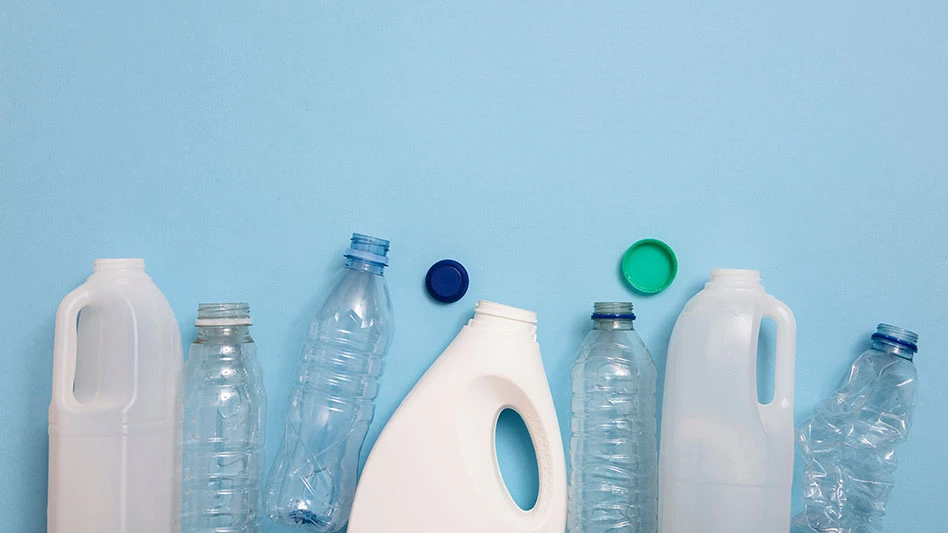
© ink drop - stock.adobe.com
In late December 2022, the Federal Trade Commission (FTC) had announced it would be accepting public comments on potential updates to its “Green Guides.” The FTC’s Green Guides provides guidance on how consumers should interpret environmental marketing claims, assessing definitions of terms such as carbon offsets, climate change, recyclable and recycled content. The FTC says it plans to accept comments through April 24.
The Recycling Partnership (TRP), Washington, has submitted comments to the FTC, calling for a rigorous, data-driven approach to determine recyclability, combined with accurate, transparent recyclability claims on product labels. In the submission to the FTC, TRP provided some of its research on recycling information.
According to TRP’s research, 78 percent of consumers rely on recycling information on product labels. The Recycling Partnership says two-thirds of consumers who look at labels find them confusing. Additionally, the organization reports that 82 percent of Americans feel misled if product labels inaccurately imply an item as recyclable but in fact cannot be recycled into something new.
“Our research demonstrates why accurate recyclability claims are critical to maintaining consumer confidence and ultimately participation in recycling,” says Keefe Harrison, CEO of TRP. “The Green Guides need an updated approach to provide consistent national guidance for clear, accurate and accountable claims that both reflect the current environment and adapt to the future.”
TRP suggests that to claim that a package is recyclable it must be:
- designed for recycling following industry guidelines;
- accessible to be collected or accepted for recycling by a substantial majority of consumers;
- able to be effectively sorted for recycling at a recycling sortation facility;
- accepted by the recycling industry for use in the production of new packaging or products, providing sufficient end markets; and
- effectively recognized as recyclable by consumers.
“Our proposed standard for recyclability claims builds on the access requirements set out in the Green Guides to provide definitive guidance to determine if an item is actually recyclable, not just accessible for recycling,” says Sarah Dearman, chief innovation officer at The Recycling Partnership. “Our comprehensive national approach will lead to more accurate and clear recycling instructions, boosting consumer confidence that their recycling efforts actually do good for the environment.”
Latest from Recycling Today
- Orion ramping up Rocky Mountain Steel rail line
- Proposed bill would provide ‘regulatory clarity’ for chemical recycling
- Alberta Ag-Plastic pilot program continues, expands with renewed funding
- ReMA urges open intra-North American scrap trade
- Axium awarded by regional organization
- Update: China to introduce steel export quotas
- Thyssenkrupp idles capacity in Europe
- Phoenix Technologies closes Ohio rPET facility





